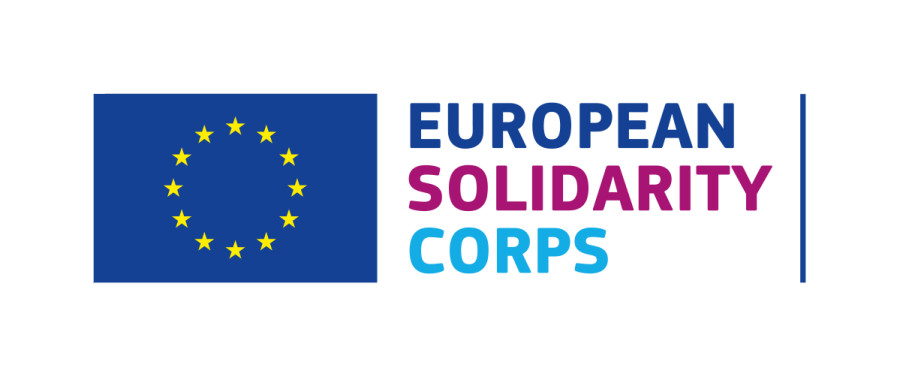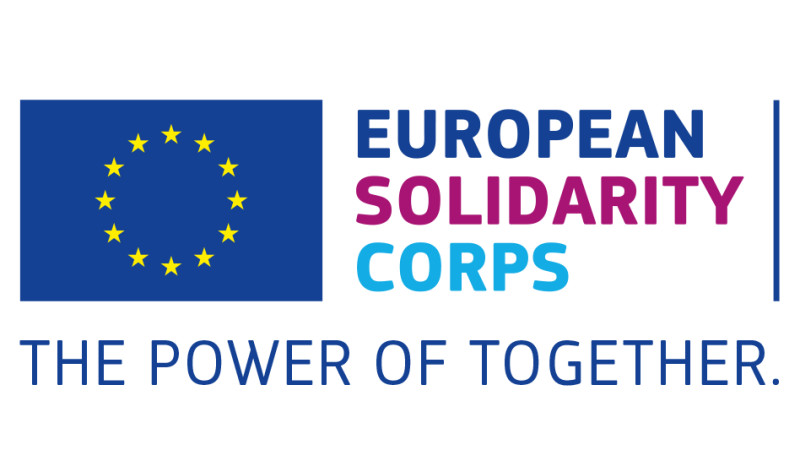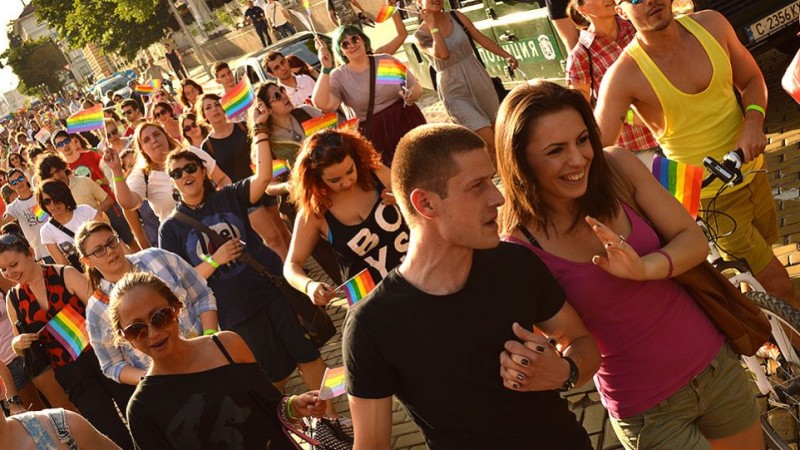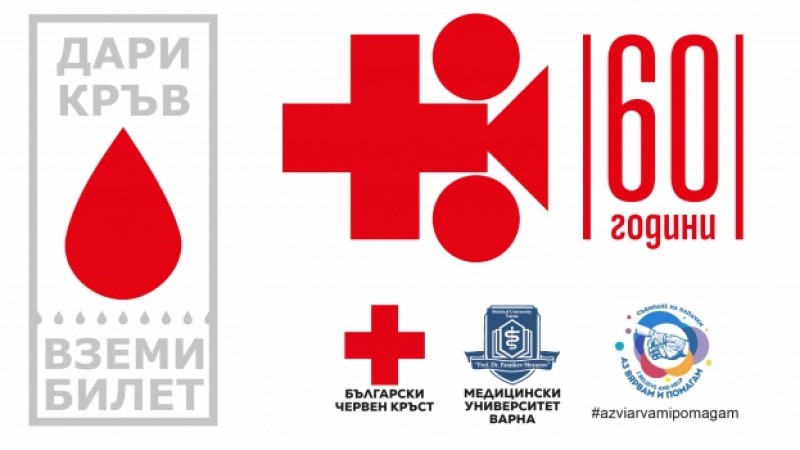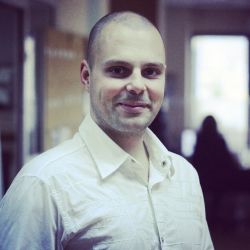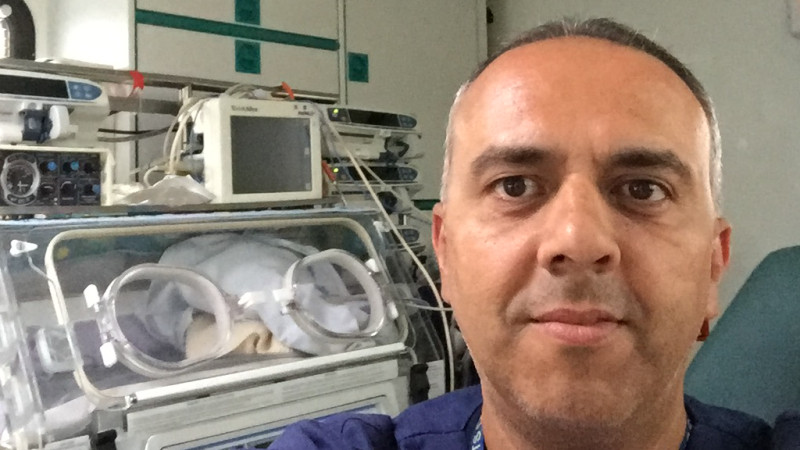Междинни данни (март 2025): гласове на украински граждани, търсещи сигурност и интеграция
In the period of March and April 2025, Uspelite.bg conducted a new wave of surveys among Ukrainian citizens who have sought refuge in Bulgaria. The initiative is part of a volunteer project under the European Solidarity Corps (project № 2023-1-BG01-ESC51-VTJ-000144679), implemented within the European Union's program for solidarity and inclusion, with Uspelite.bg as a partner.
======= Text in English ======= Текст українською ======= Текст на русском =======
The aim is to gather an accurate picture of the life, challenges, and needs of Ukrainian refugees in Bulgaria.
The surveys are completed anonymously and in four languages – Ukrainian, Russian, Bulgarian, and English – facilitating participation and ensuring full confidentiality.
Main observations so far: March – April 2025
The latest stage of the study (surveys №48–67) confirms previous trends and adds depth to the understanding of daily life. Participants include people from Odesa, Kyiv, Mykolaiv, Kherson, Lviv, Dnipro, Kharkiv, and smaller towns.
Housing: uncertainty continues
- Many live in temporary hotels or state-provided accommodations.
- Some report no address registration due to landlord refusals.
- Others report pressure to leave or rising rents.
Language and integration
- Lack of free, structured Bulgarian language courses remains a major barrier.
- Some families rely on children to translate in everyday situations.
Employment and recognition of qualifications
- Most unemployed cite childcare, language, or health issues as reasons.
- Employed individuals are often overqualified for their current positions.
- Many report issues with diploma recognition or lack of information.
Healthcare: insufficient access
- Many participants lack a personal doctor (GP).
- There is confusion around rights and available health services.
- Costs for medication and treatment are a frequent concern.
Emotional health and social isolation
- Respondents share experiences of loneliness, anxiety, and loss of stability.
- Lack of psychological support remains a significant gap.
Most frequently reported needs
| Need | Presence in responses |
|---|---|
| Free language courses | 18 of 20 |
| Secure and stable housing | 16 of 20 |
| Job or professional recognition | 13 of 20 |
| Access to healthcare | 15 of 20 |
| Psychological support | 12 of 20 |
Volunteers on the ground: trust through shared experience
The surveys are conducted by our Ukrainian volunteers who went through the adaptation process in Bulgaria before the war. This builds trust between respondents and volunteers, resulting in more honest responses – especially regarding emotional well-being and future expectations.
What comes next?
The collected information is analyzed and summarized periodically. Results will be shared publicly and with relevant institutions to contribute to more adequate and informed integration policies. The open-ended responses show a strong will for integration paired with concrete needs that require better coordination between the state, municipalities, and civic organizations.
